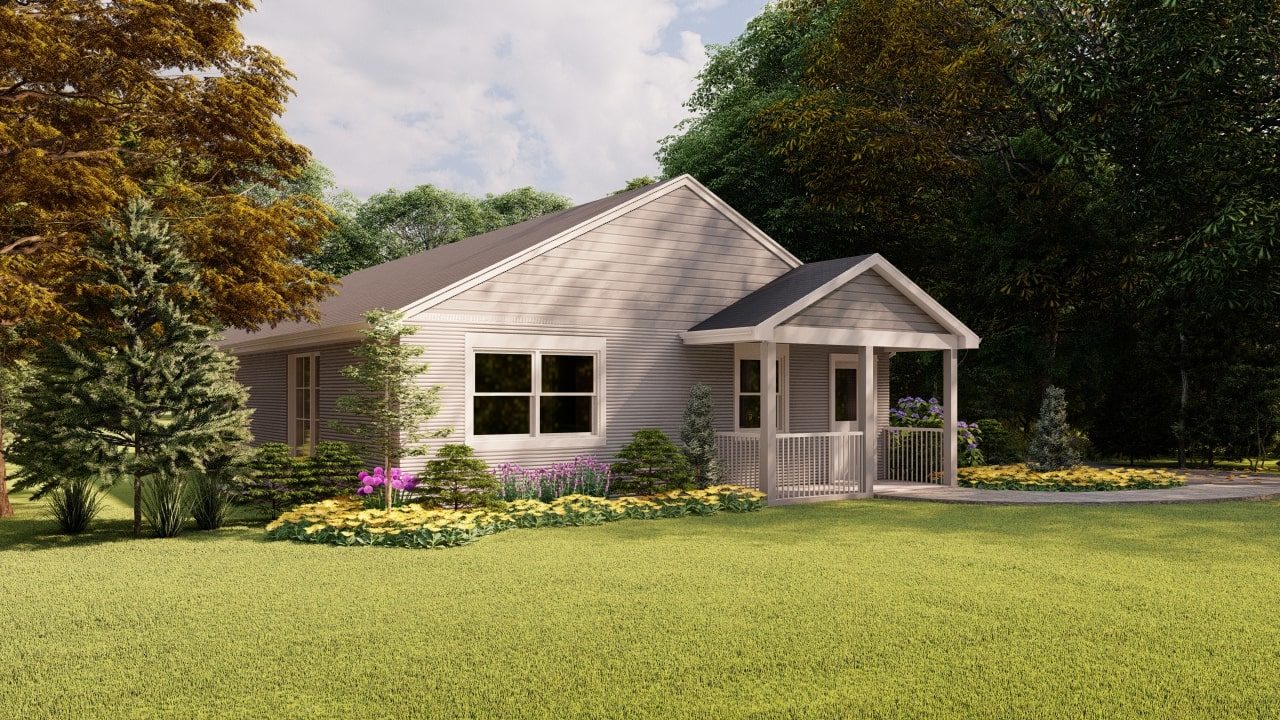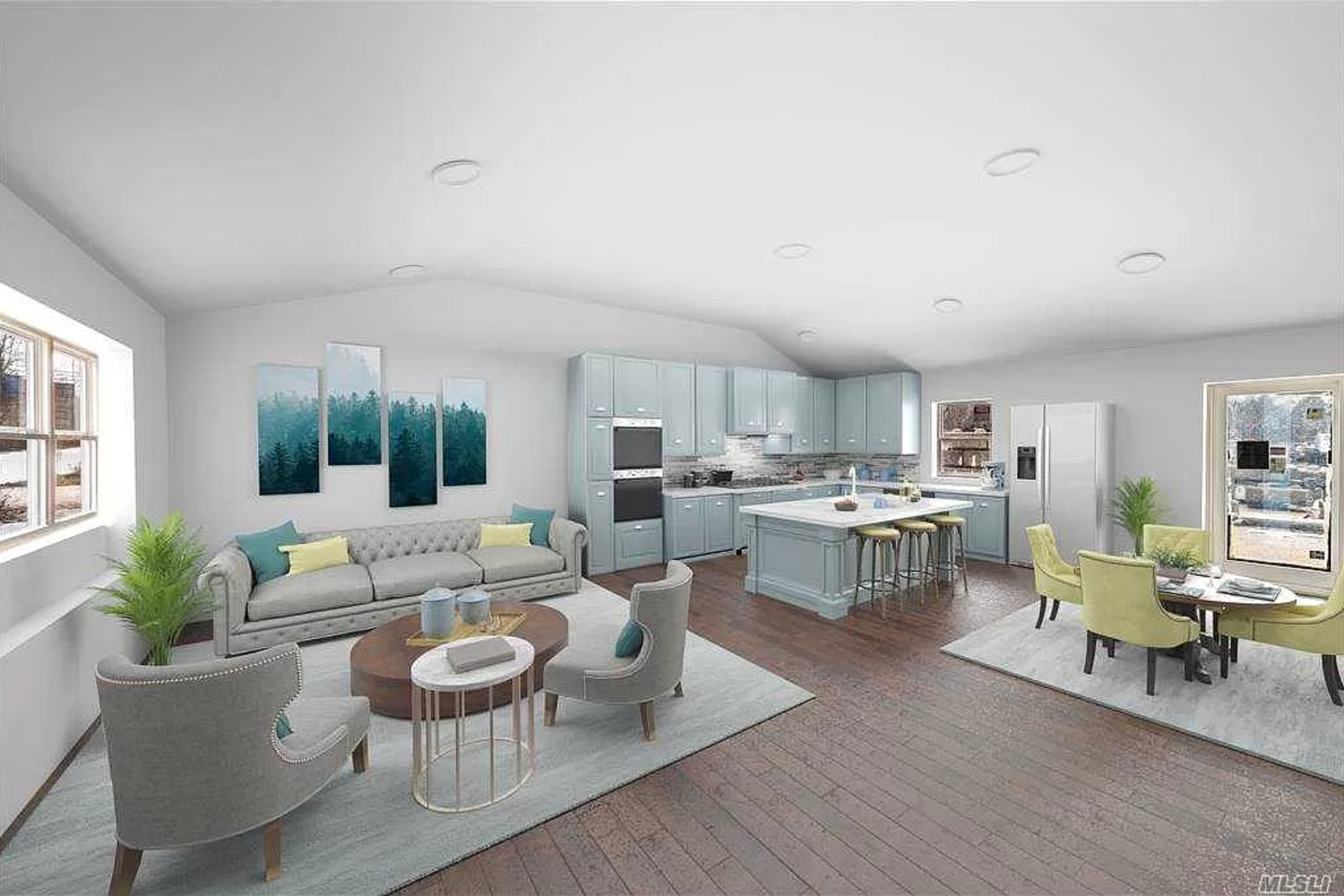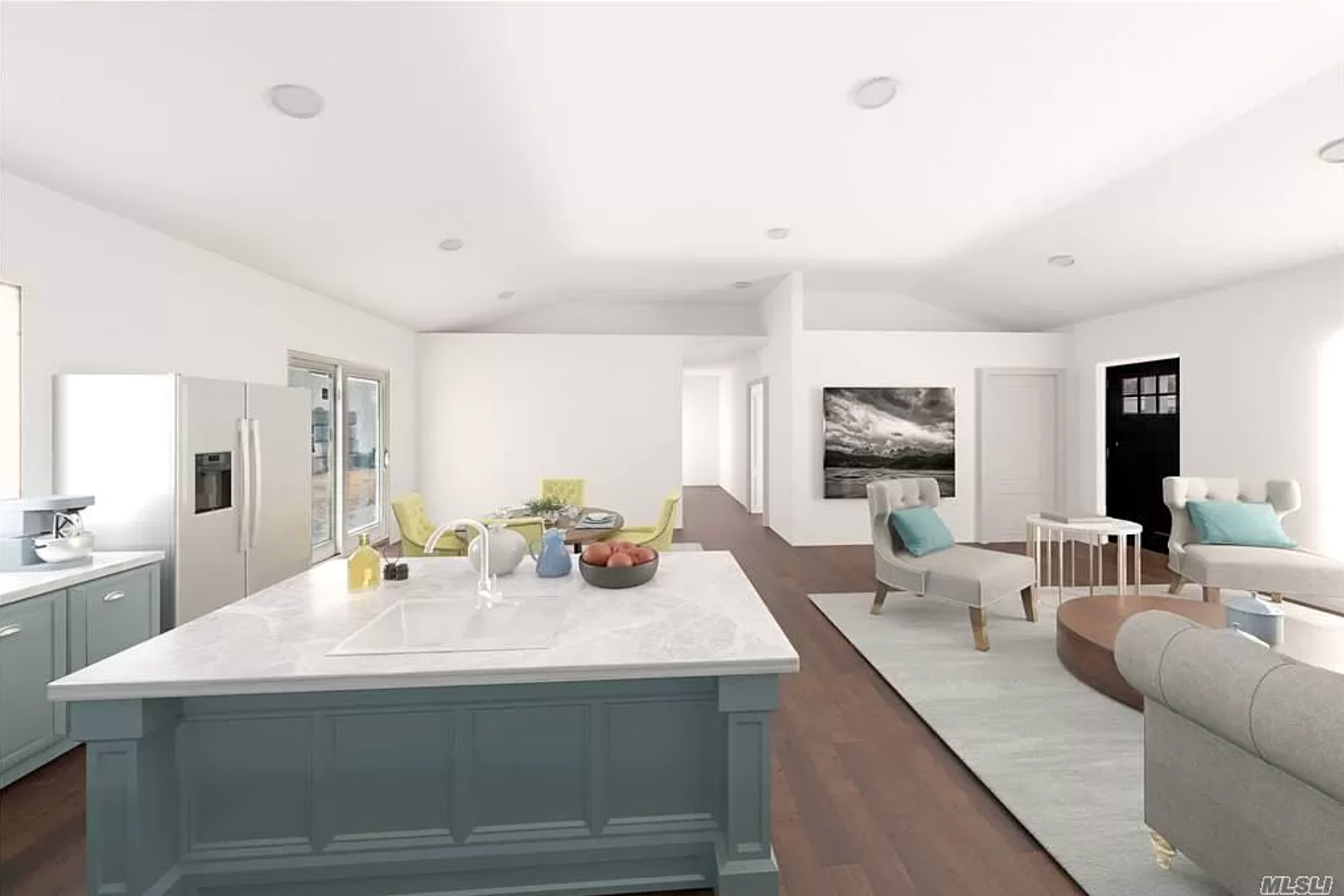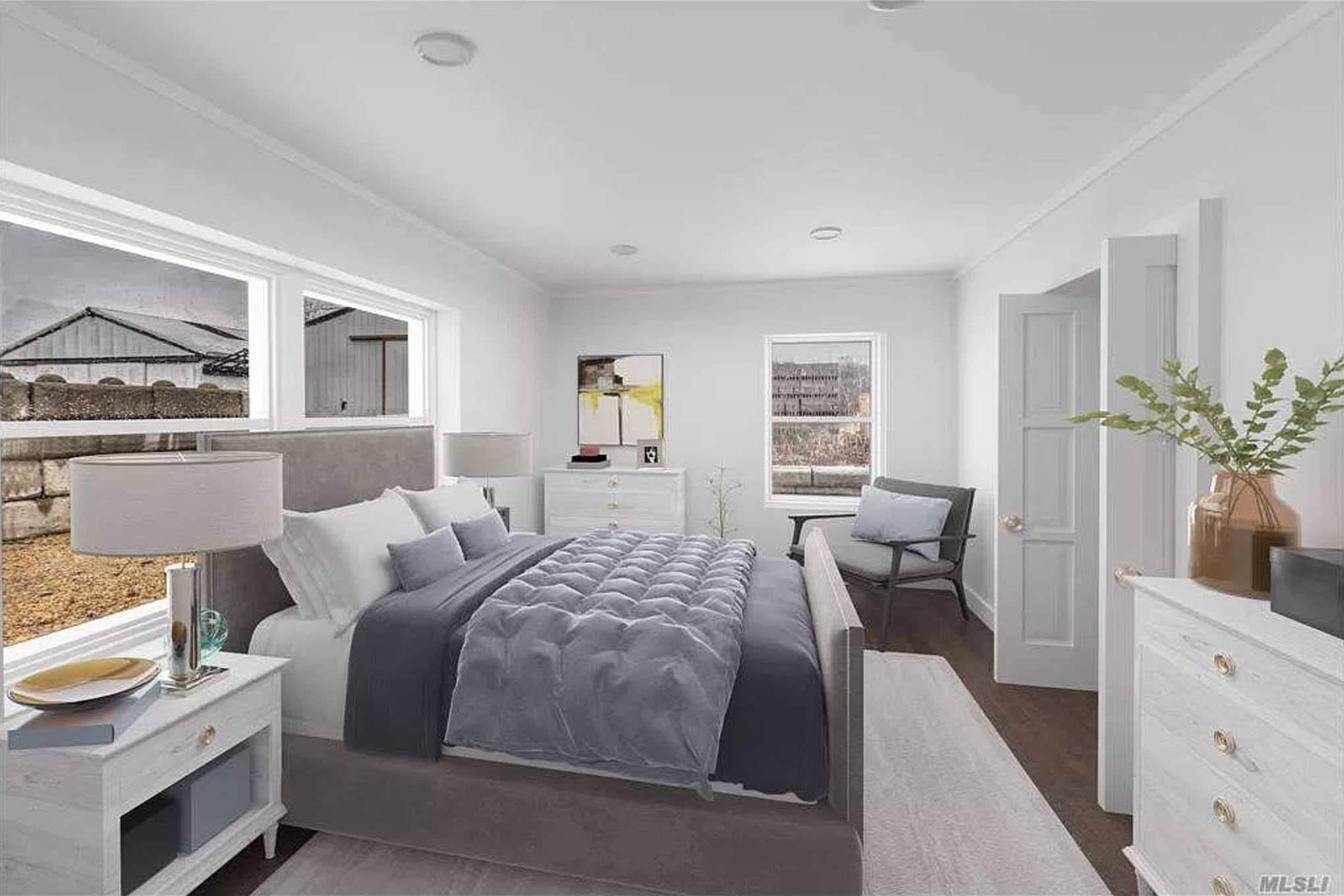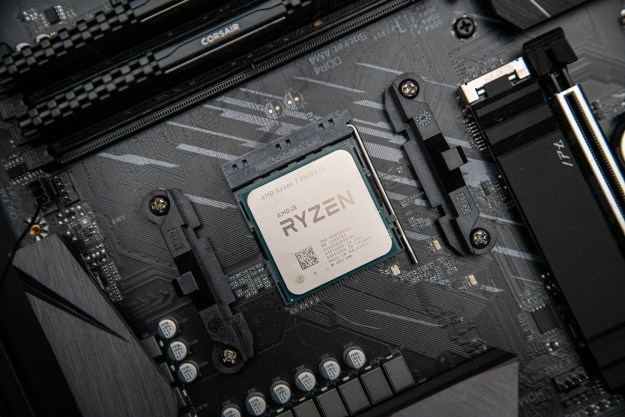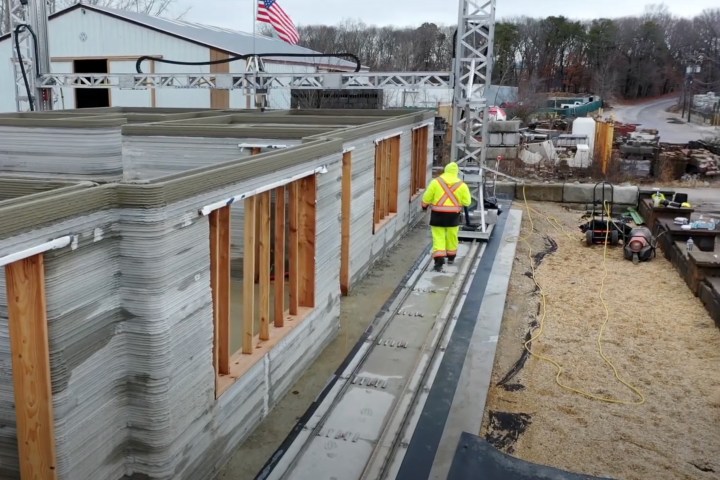
“I love this space,” exclaimed the woman, in her early 20s, looking around as she walked into the room.
“I thought you would,” the real estate agent said, all smiles. “It would make a great office or, depending on what your plans are, it could be a beautiful nursery.”
The woman’s partner coughed before asking, “When did you say this place was built? It’s a new build, right?”
The agent’s smile broadened. “Oh, very new,” she said, and glanced at her watch. “The owners started it on Monday. It was finished — oh — three hours ago.”
Today, this scenario sounds unlikely for a couple of reasons. The first is that most houses aren’t assembled in a matter of days. A 2018 Survey of Construction by the U.S. Census Bureau pegged the average duration of a new house construction at close to eight months, with 6.7 of those months being the actual build itself. The second reason is that people in their early 20s aren’t usually looking around for houses to buy. According to data compiled by Deutsche Bank, the median age of North American homebuyers is now 47, an increase of 16 years compared to 1981.
A New York-based robotics company called SQ4D, isn’t going to work miracles when it comes to changing these numbers. But it could certainly help.
Faster, safer, stronger
SQ4D 3D-prints full-sized concrete houses in a way that’s faster, safer, and stronger than traditional methods. It’s also, the company claims, more sustainable and, crucially, cheaper. The company recently listed the first 3D-printed home for sale in the United States: An attractive 1,400 square foot home, with 3 bedrooms, 2 bathrooms, a 2.5 car garage, and a quarter-acre garden in Riverhead, N.Y.

Its asking price of $299,999 isn’t exactly dirt cheap, but it’s well below the median asking price of $380,000 for the area. It took just 48 hours of print time over eight days and only three workers to create, and was entirely printed on-site. And, yes, in case you’re asking, it does come with a warranty. (Check out the Zillow profile here.)
“Our proprietary and patent-pending 3D printing technology is disrupting and radically transforming an antiquated construction industry,” Lawrence Ruisi, a member of the board of directors at SQ4D, told Digital Trends. “Even today’s best practices are too slow, costly, labor-intensive, unsafe, and unable to meet the global demand for affordable and sustainable construction.”
To be clear, the company’s Autonomous Robotic Construction System (ARCS) technology does not print the entire house. However, it prints a framework that represents approximately 41% of the build, onto which other fittings such as roofing, windows, gutters, doors, and more are added. Even so, it saves significantly on a reported 20 labor-intensive processes, ranging from formwork and framing to sheathing and siding — which brings down the amount of time, resources, and costs associated with construction.
Even with SQ4D taking its cut, these savings can then be passed onto customers.
Expanding operations
The company plans to begin its next build in March 2021. From there, it has designs to scale up production, as well as expanding it beyond New York — all the way to California. It isn’t the only 3D-printed housing company out there, but it’s among the first wave to spring into action.
Kirk Andersen, director of operations for SQ4D, said he expected the response to the initial houses in the town of Riverhead to validate the company’s technology, and make clear just how transformative 3D printing could be as a building tool.
“We are focusing on residential construction right now because of the need for affordable and sustainable housing in the global marketplace,” Andersen told Digital Trends. “At the same time, it provides us an opportunity to continually develop and scale our machinery and technology. But make no mistake: tTe applications for our product will be virtually limitless. Think commercial buildings, distribution centers, storage facilities, roadways, bridges, retaining walls, fencing — our mission is to change the way the world is built.”
If that makes it easier for people to get onto the property ladder, makes construction a cheaper anf more environmentally friendly process, and means that giant 3D printers become a staple of growing communities — well, that’s a win-win-win for everyone from housebuyers to additive manufacturing geeks.
Editors' Recommendations
- The one AMD 3D V-Cache processor you should avoid at all costs
- Glasses-free 3D gaming can be amazing — but only if it’s done right
- Sony’s new 3D display tech keeps getting bigger and better
- AMD’s Ryzen 9 7950X3D pricing keeps the pressure on Intel
- AMD may have just leaked the Ryzen 9 7950X3D release date
